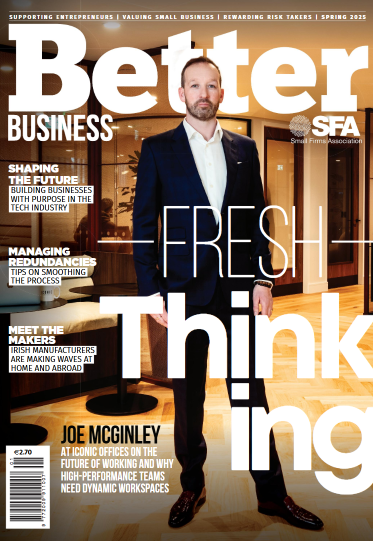This year, I co-founded an online learning and leadership development group called ‘The Leadership Bunker’ with Warren Engelbrecht, Alistair Rogers and David Cosgrave to compliment my work with Hauora. It brings together leaders from around the world from the areas of health and wellbeing and high-performance sectors. The reason why this network has grown and become successful is the psychological safety that has been created and consequently the stories and reflections of vulnerability that have been shared. People have not been afraid to speak up, to share their thoughts and to challenge one another.
Psychological safety allows organisations and high-performance teams to admit mistakes whilst they achieve great outcomes.
The 4 stages of psychological safety are:
Inclusion – feeling safe in the team
Learning – feeling safe asking questions
Contributing – feeling safe contributing ideas
Challenging – feeling safe when questioning
A safe team, according to David Cosgrave, is one that believes they will not be punished or humiliated for speaking up about ideas, concerns or mistakes. High-performance leaders that focus on developing a culture of wellbeing must build the tools that give everyone a voice, de-stigmatise failure, nurture diversity and show genuine care and consideration for the rest of the team.
In 2012, Google brought together the best sociologists, statisticians, psychologists and engineers and launched an internal study named ‘Project Aristotle’ to figure out what made teams and organisations successful. For half a decade they researched scientific literature, asked questions and examined every variable imaginable. They assessed team effectiveness in several ways and the concept of psychological safety seemed to be the golden nugget that closed the gap between performance and output.
Amy Edmondson is the Novartis Professor of Leadership and Management at the Harvard Business School and has a PhD in organisational behaviour. According to her, teams and organisations that feel safe learn at a higher rate and thereby perform better. Challenge, adversity, struggle, uncertainty, reaching out of our comfort zone can all stimulate growth. Feeling psychologically safe helps us engage in these behaviours that are part of the learning process. If we want better outcomes – to be healthier, more well, have more positive habits – we must nurture psychological safety.
Modelling is one of the three core factors to build psychological safety, along with setting the stage and monitoring the response. Hauora has done about 200 sessions on Zoom since the pandemic started. We focus on micro-interventions and on driving engagement and interaction from the group listening to us. Every time we ask them to write into the chat bar or answer a question – silence! That awkward moment, but then someone speaks up. Others pipe in – the action of one made it less frightening to speak to the floor. It’s usually challenging for us to get back speaking then, but that’s a good complaint. Modelling creates safety.
Whether you work for one of our trusted partners, a private or public company, a non-profit organisation, a sports team or lead the wellbeing or health and safety department in your company, creating psychological safety is not only the right thing to do for members of your teams and employees in your workforce, but the right thing to do for your business or your organisation. Visit https://psychsafety.co.uk/ and download the psychological safety action pack from Tom Geraghty, another thought leader in this field.
David Clancy is the Founder and Director of Hauora, www.hauoralife.com




